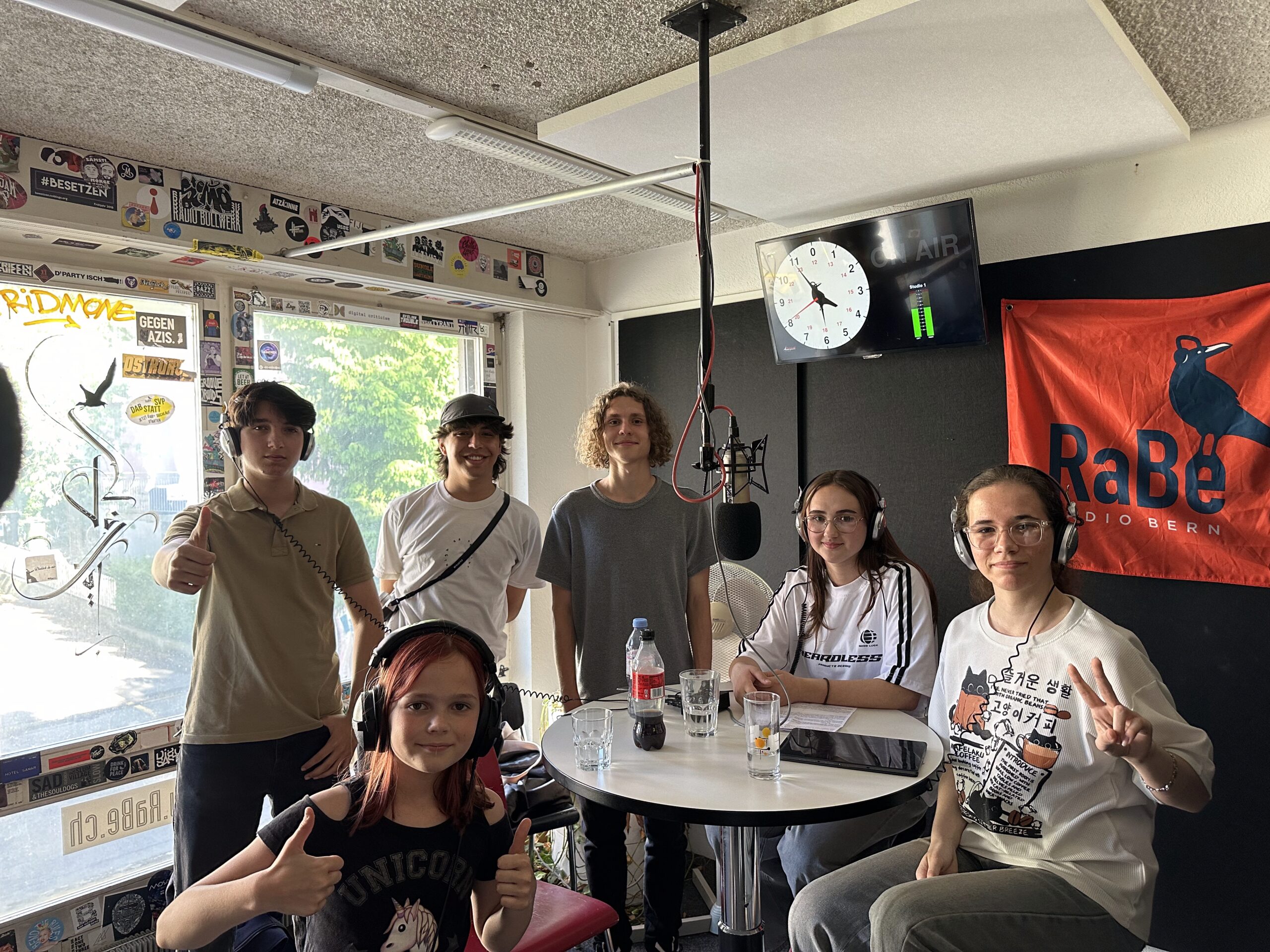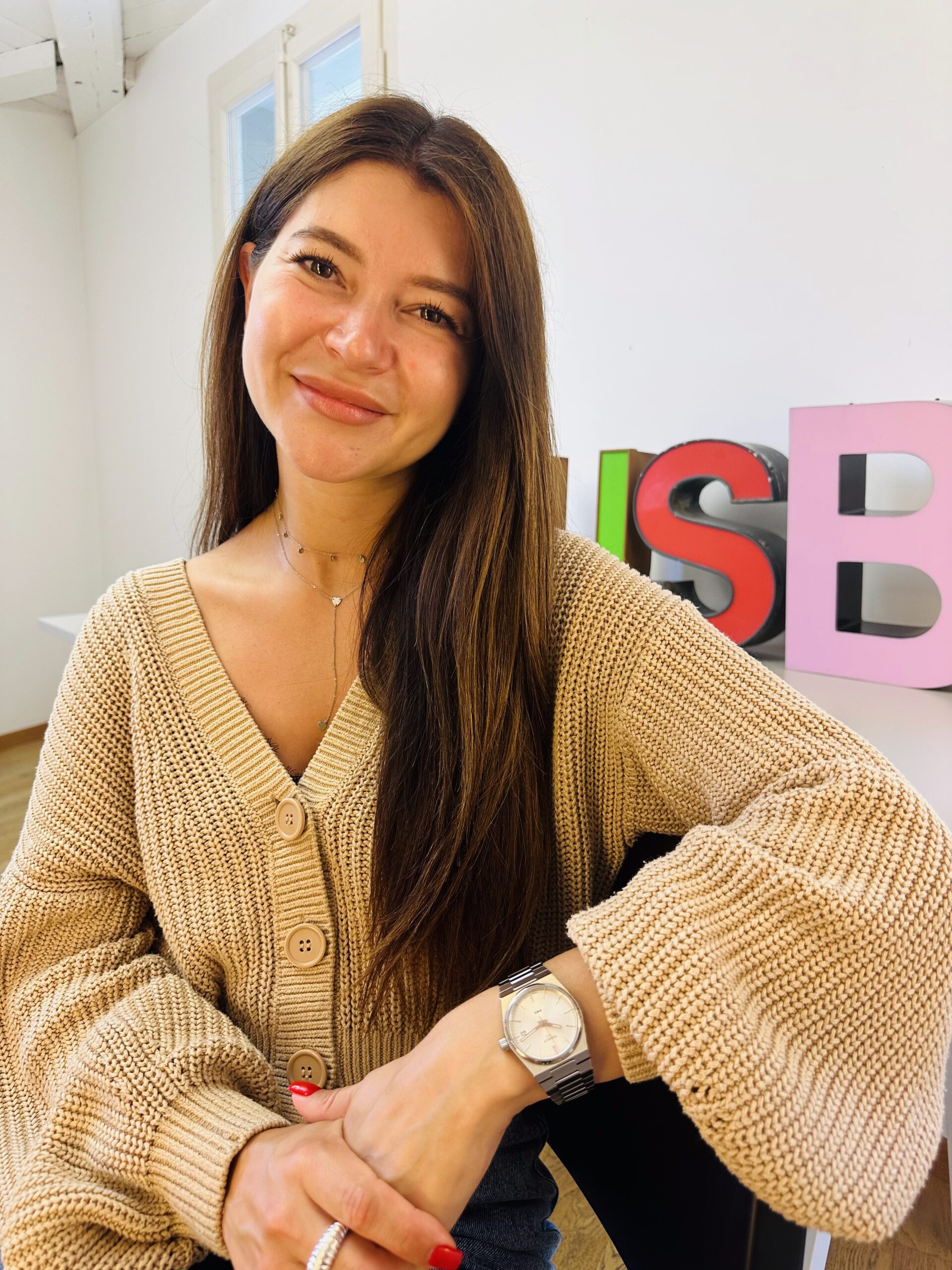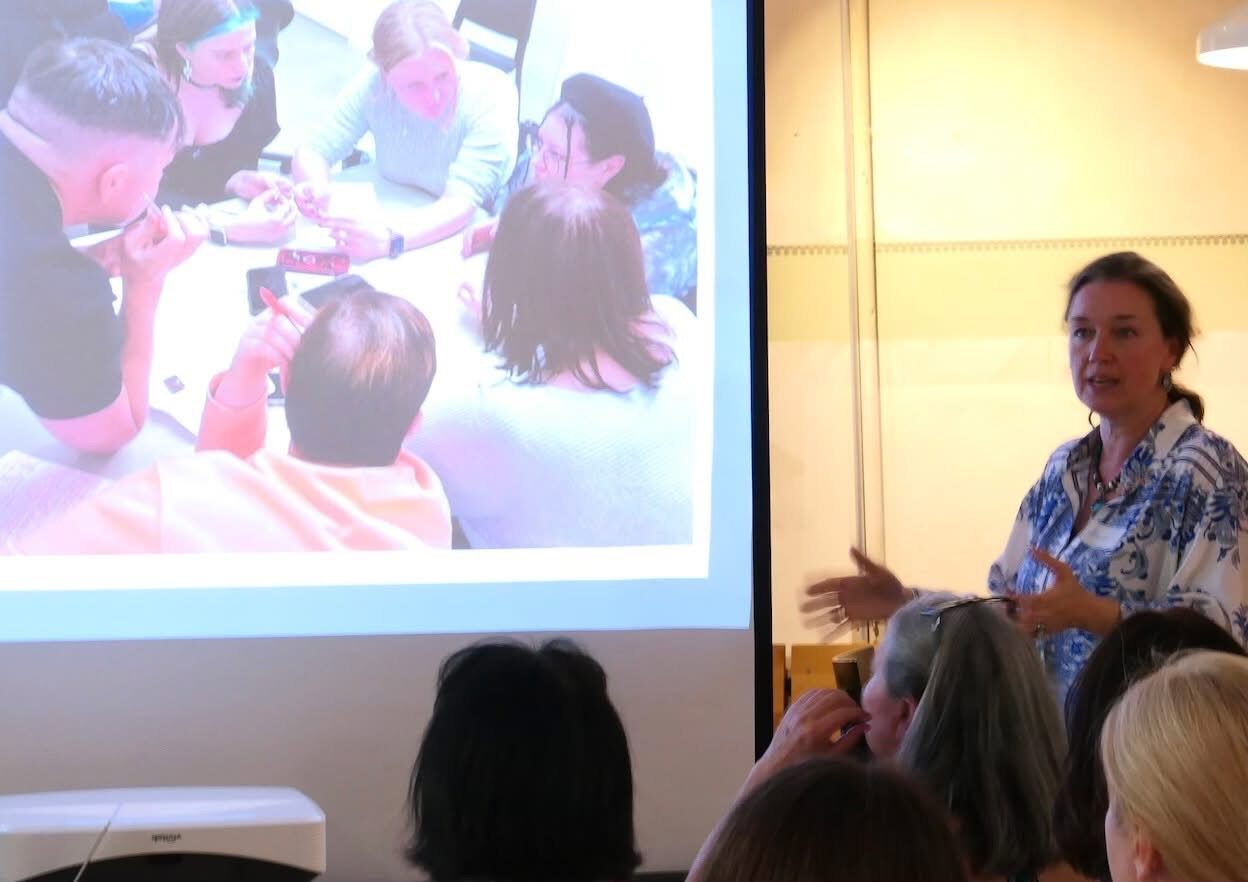The story of a Ukrainian woman from Biel, who not only did not lose herself after forced migration, but also once again became a source of strength for others
Starting from scratch is not a failure, it's a path
Before the war, Aurika Ivashko lived a busy professional life in Kyiv. She worked in the field of public communications, was the head of the deputy's public reception, and coordinated important projects of the Council of Europe, in particular, the "School Public Budget". Her activities had meaning and influence. But with the outbreak of the war, life changed dramatically. "I came to Switzerland with children, without a husband, without knowledge of the language, without an idea of what would happen next. And the first thing I felt was total confusion," Aurika recalls. However, a month after arriving, she went to work in the kitchen of a restaurant. Without experience. Without German. But with an incredible desire not to break down. "It didn't matter to me what to do. The main thing was to act, be useful, move, and therefore live!," the woman adds.
Women, children, language: how clubs appeared in Bila
Aurika didn't just work - she was constantly looking for contacts, opportunities, conversations. That's how the idea of a children's club for Ukrainian children was born. Aurika wanted them to remember the language, culture, and to remain connected to their homeland. Then a women's club appeared. "Women come to us who simply have no one to talk to. We drink coffee, hold psychological meetings, style trainings, and lectures for mothers. There are over 160 members in our Telegram group. And this is a real women's support circle," says Aurika. When she talks about her activities, you can hear confidence in her voice - not pathetic, but the one that has passed through fatigue, tears, and the language barrier.
"It was 'wow'!": a women's party in embroidered clothes
Among all the initiatives that Aurika implemented in Bila, one in particular was memorable — a Ukrainian women's party for Vyshyvanka Day. She made an agreement with the chef of the restaurant where she currently works as an administrator and organized a space for the meeting. “It was really cool. 25 Ukrainian women came, all wearing vyshyvankas. The atmosphere was incredible! It was a real explosion of Ukrainian beauty and unity,” Aurika recalls with a smile.
The entire menu is traditional Ukrainian cuisine, prepared by hand. No catering, no semi-finished products. Only the soul, heart and love of three women: Aurika, her mother and a friend. “To be honest, I barely survived,” she laughs. “It was very difficult, but also very real. We cooked everything ourselves. But it was worth it.” It is noteworthy that the party interested not only Ukrainian women. Among the Swiss, restaurant employees, customers and friends who saw the preparation, there was sincere admiration: from the women's outfits to the smells from the kitchen. “They came up, asked what kind of dish it was, what kind of holiday it was, why everyone was so beautiful. And you know — this is how cultural dialogue is built: not from the podium, but through taste, emotions, sincerity,” Aurika Ivashko is convinced.
By the way, the woman calls the position of manager in this Greek restaurant a real new start. “We started from scratch: I was involved in interior design, developing the restaurant concept, marketing, social media, purchasing, and communicating with customers. I felt like I was in my place again — as a person who organizes processes, creates ideas, and launches new projects,” says Aurika. And, by the way, working with customers helped her significantly improve her German language skills.
To be Ukrainian is to act.
In her public events — from holidays to cultural evenings — Aurika wants to do more than just show borscht and embroidered shirts. “We want to convey that Ukraine is a deep, beautiful, creative nation. We are strong, open, and worthy. We want the locals to feel this not only with their hearts, but also with their taste, touch, and art,” says Aurika.
So, on August 24, the Independence Day of Ukraine, she and her team are organizing a big event in the center of Biel. It will not just be a concert, but a cultural space where Swiss and Ukrainians will meet, where children will draw, and adults will taste Ukrainian dishes and look at photos from Ukraine. The program also includes a bright concert with surprises, interactive activities for children and adults, and face painting. It will take place at 10:00 AM at Esplanade Square, opposite the Congress House in the city of Biel. Don't forget to wear an embroidered shirt!
When it's hard, find others. And take action.
Today, Aurika is not afraid of new projects, not afraid to try, not afraid to “start over.” “I have always been active. But here I had to become brave. Because integration is not a process where you are led by the hand. You go yourself, ask, try, make mistakes, and then create,” the woman says. Her path is a story about how self-realization is possible even in the darkest times. And that Ukrainians, wherever they are, are able to become themselves again.







